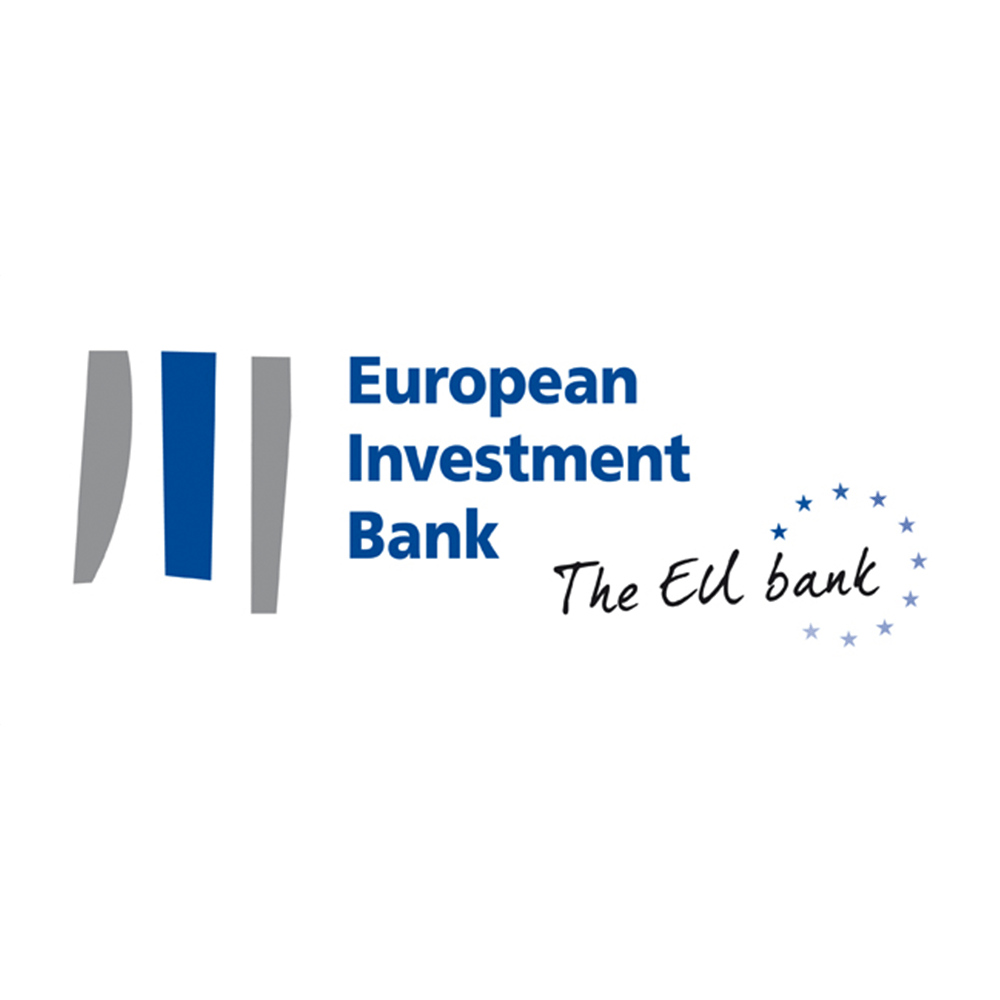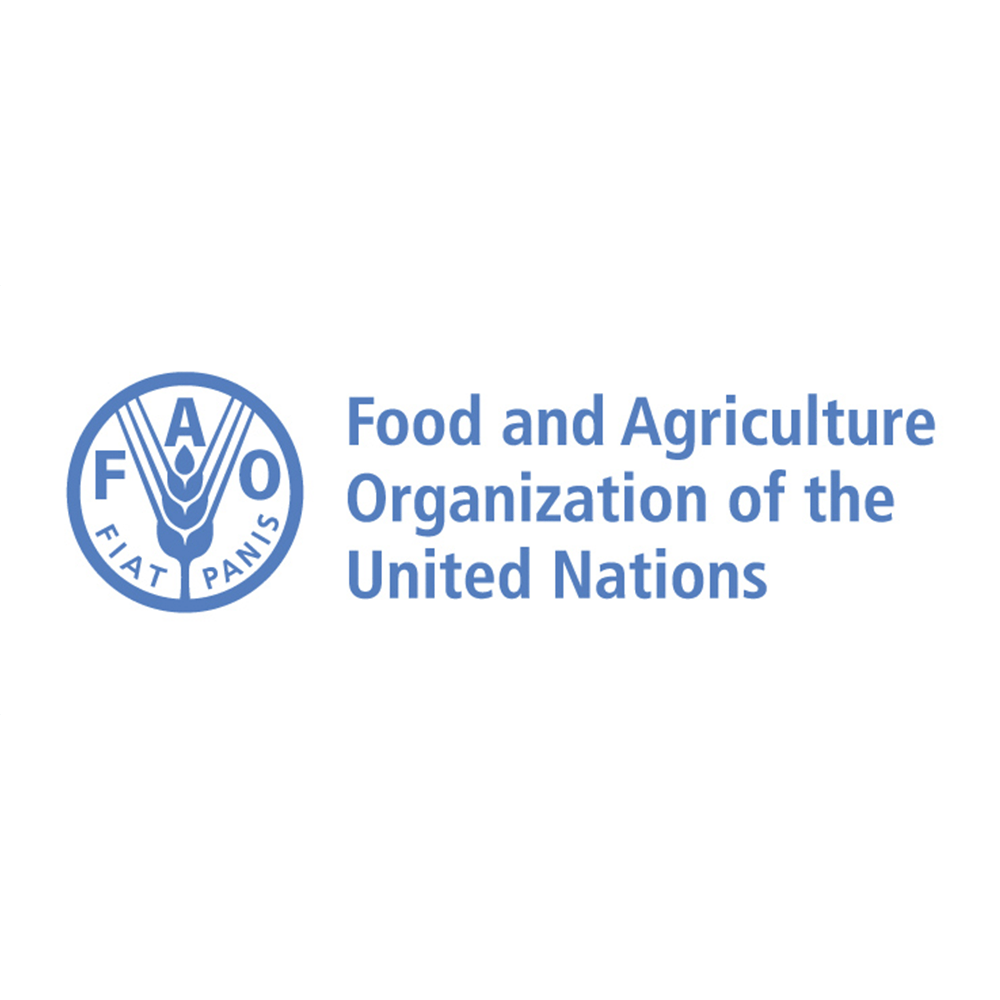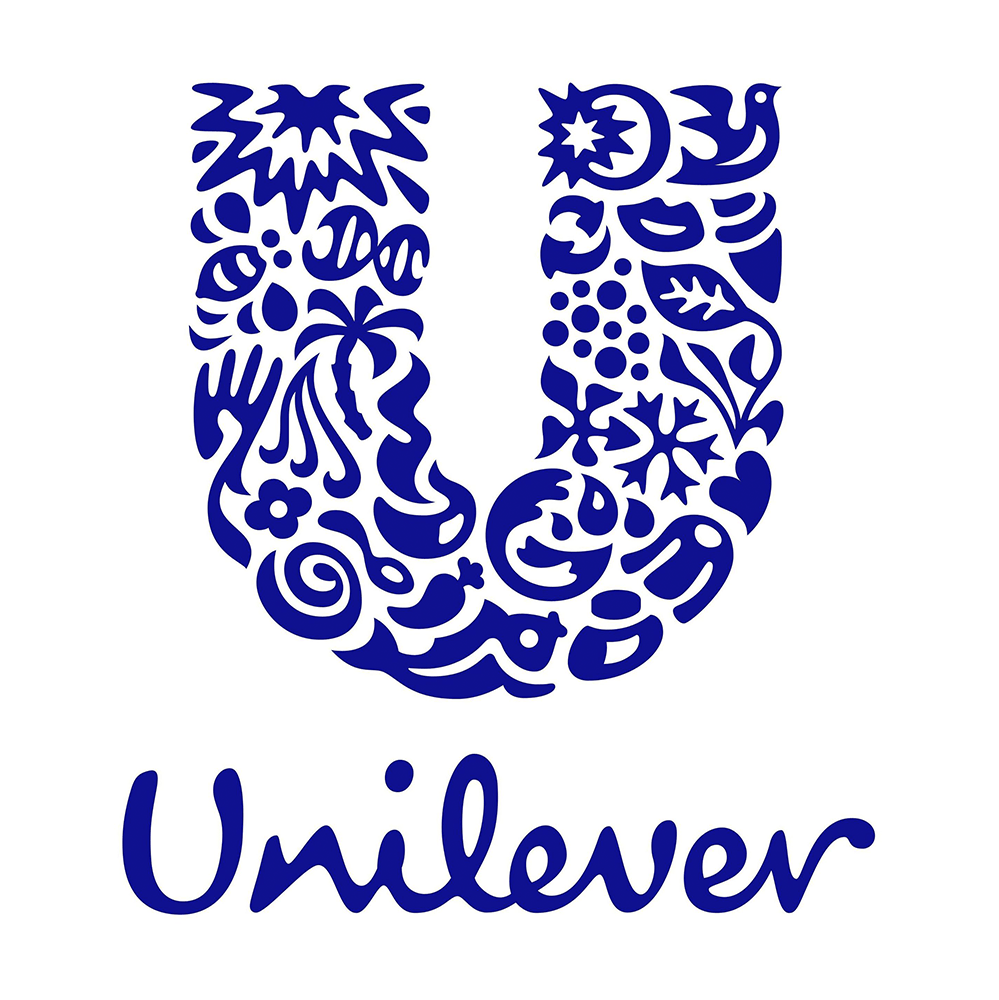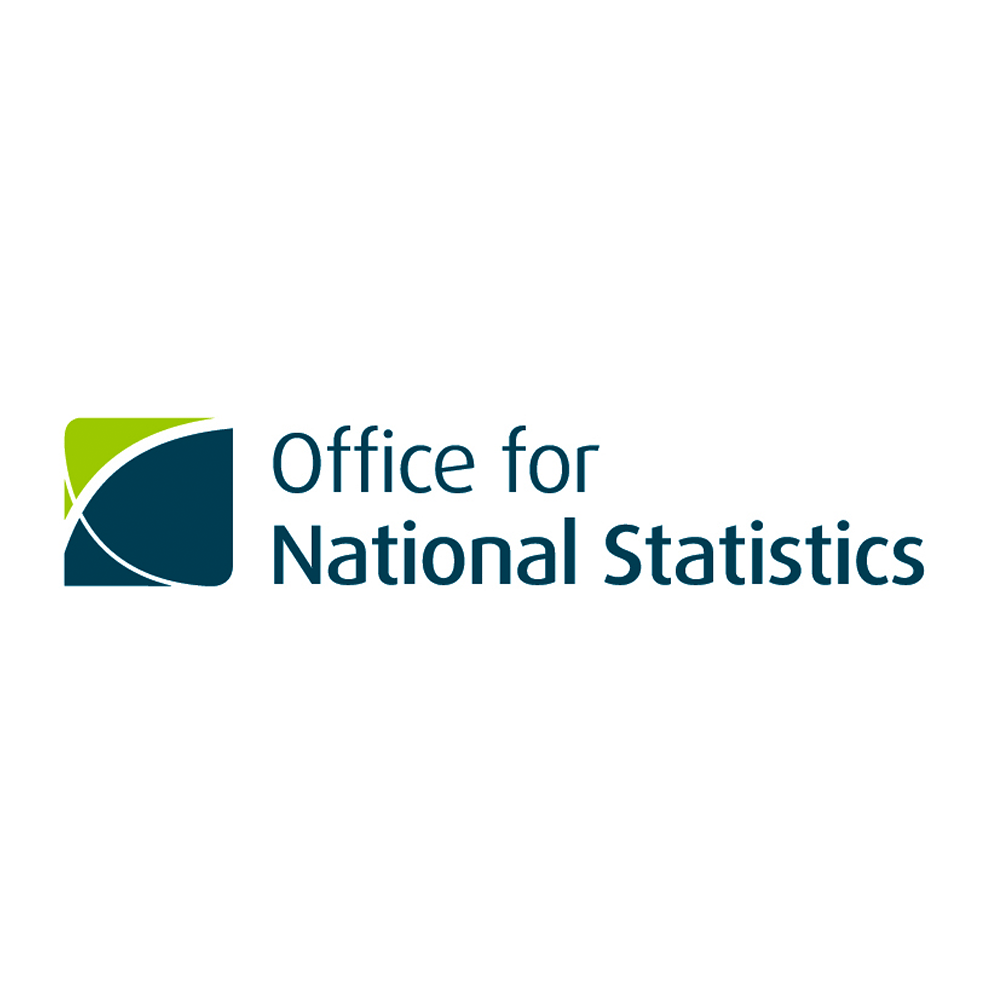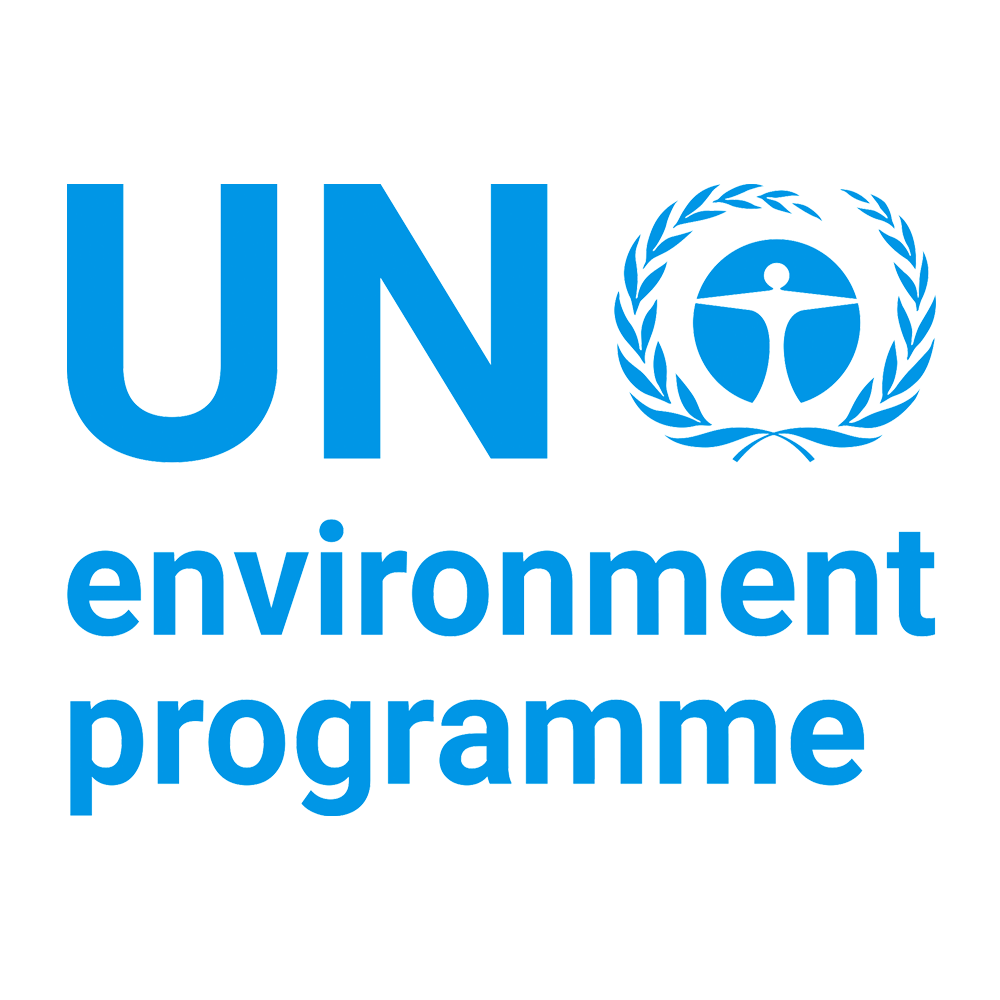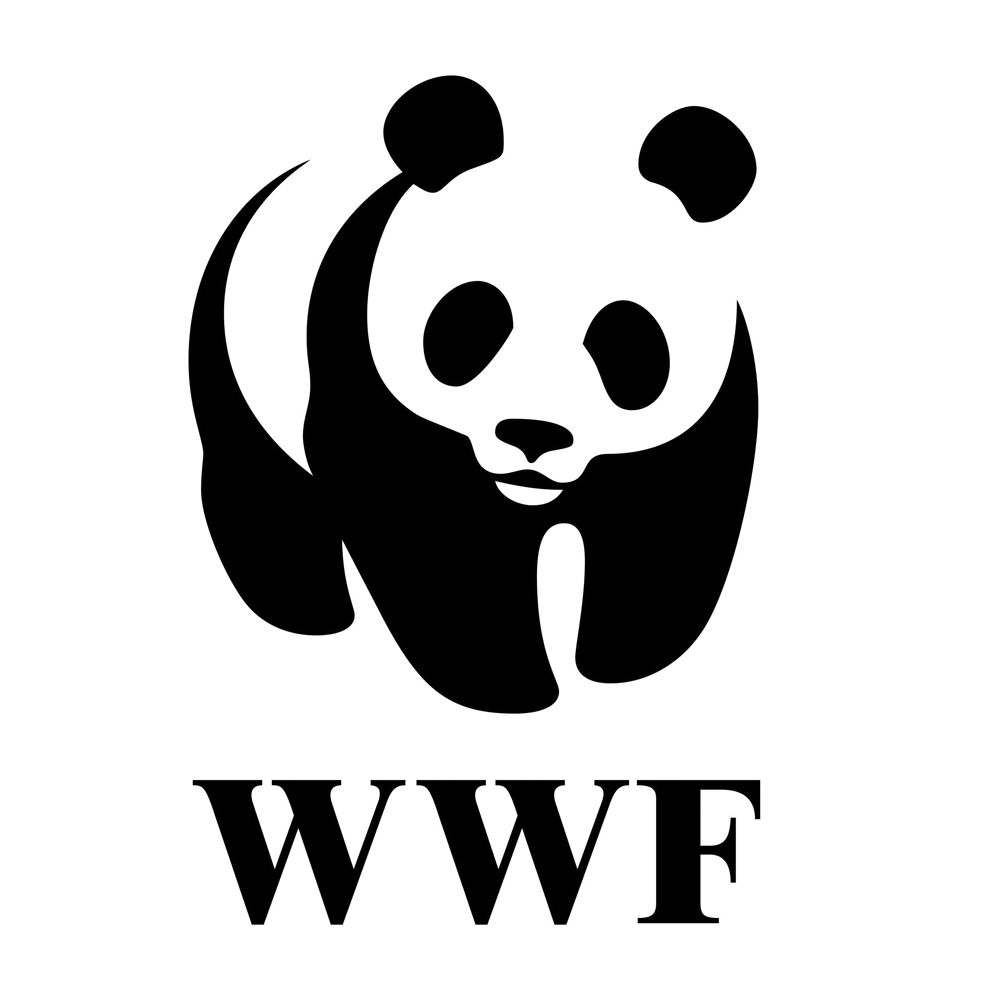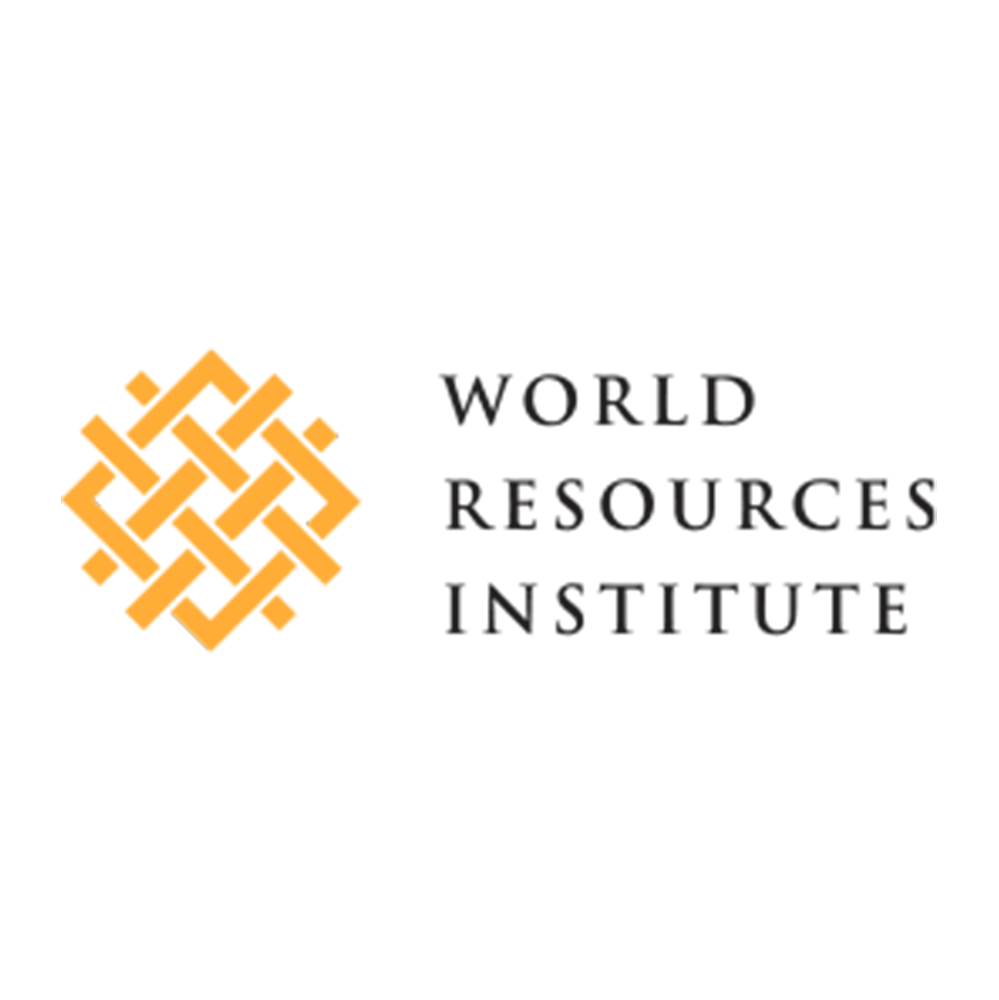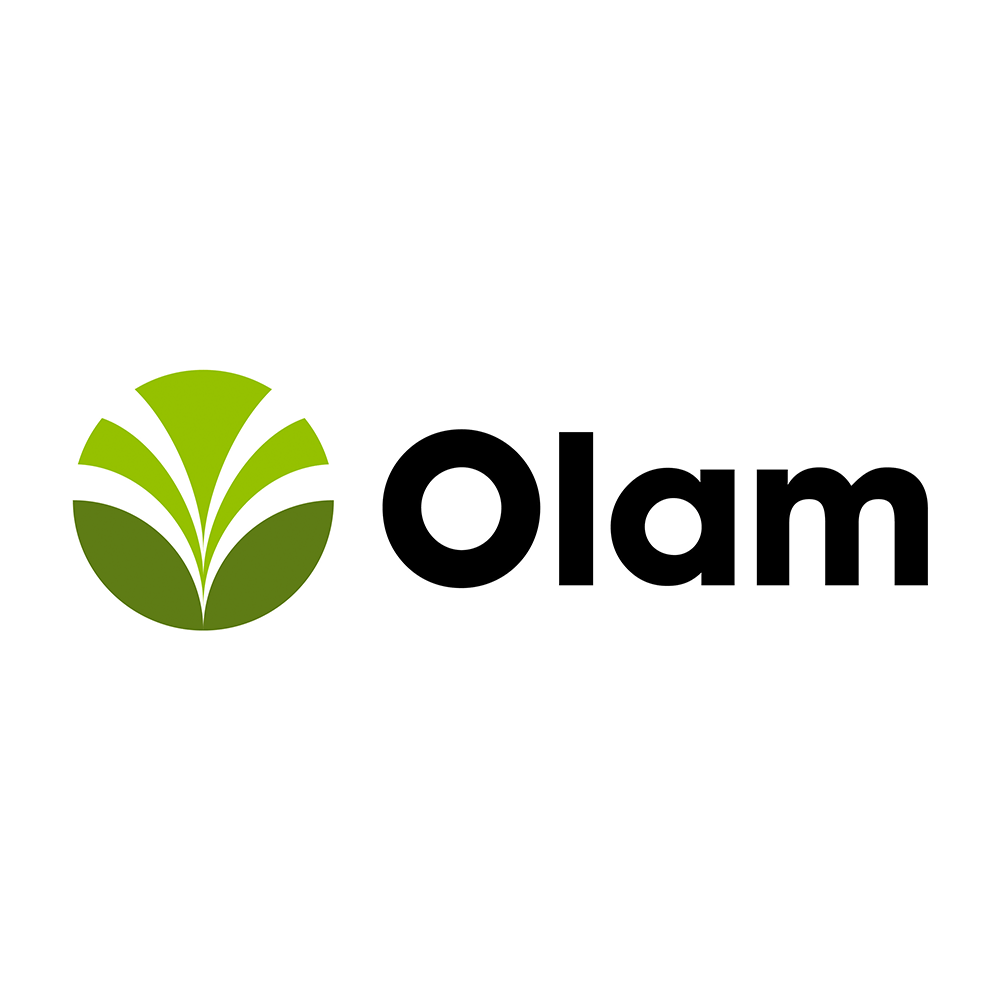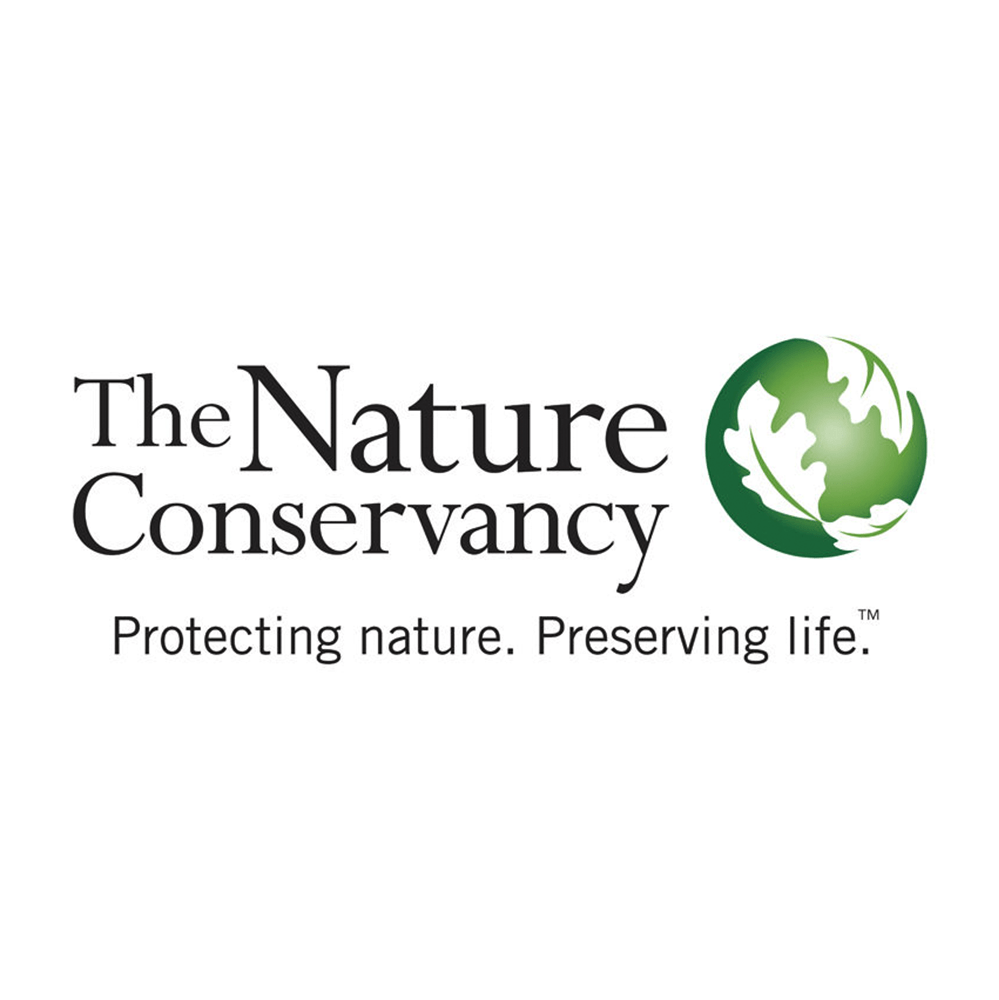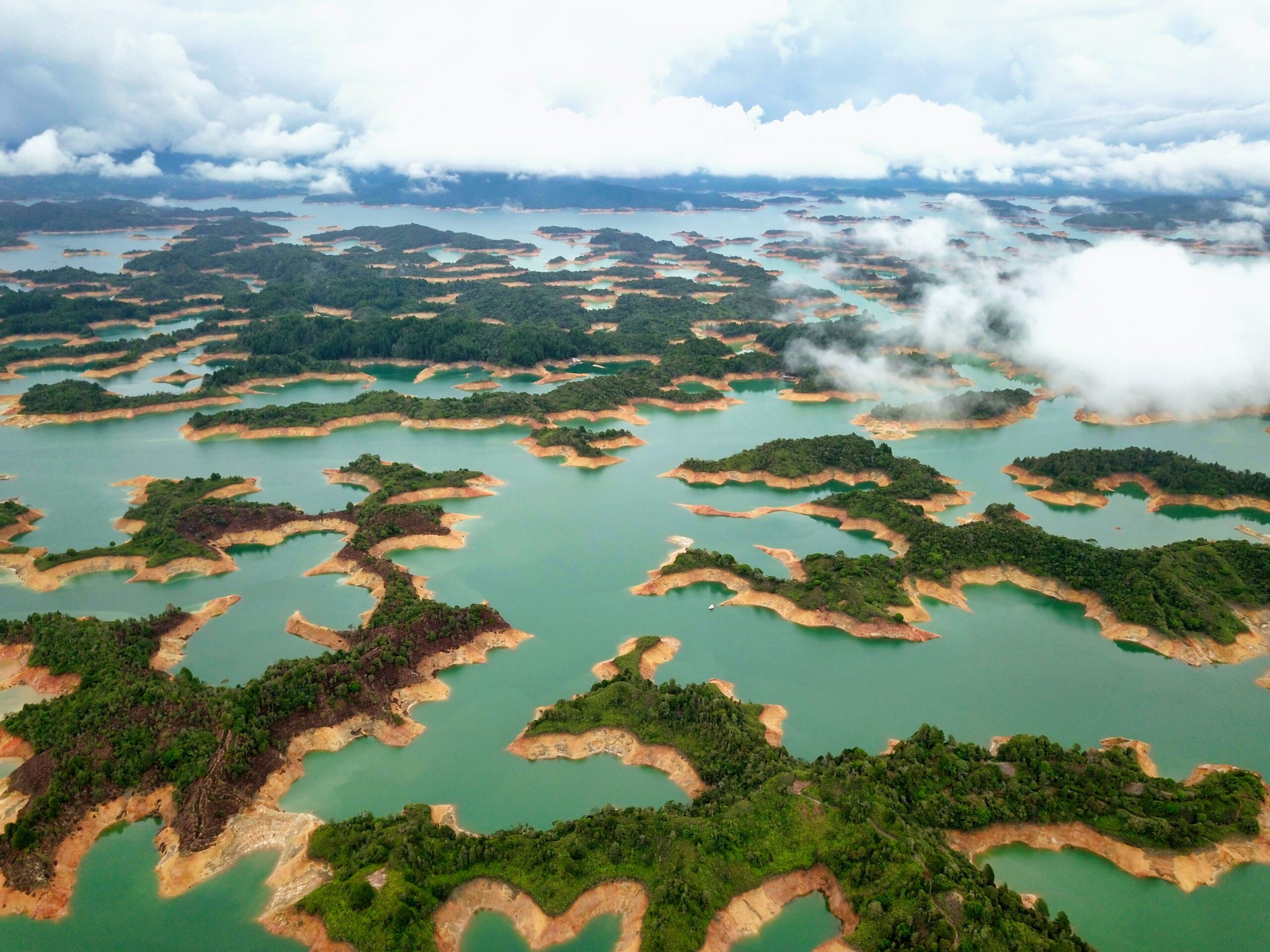Case Studies
The case study database provides an overview of capitals assessments that have been carried out by organizations in the capitals community. Assessments are categorized and can be filtered using the ‘filter by’ and the search functions.
Cases can be submitted by clicking on the button below.
Filter
Location
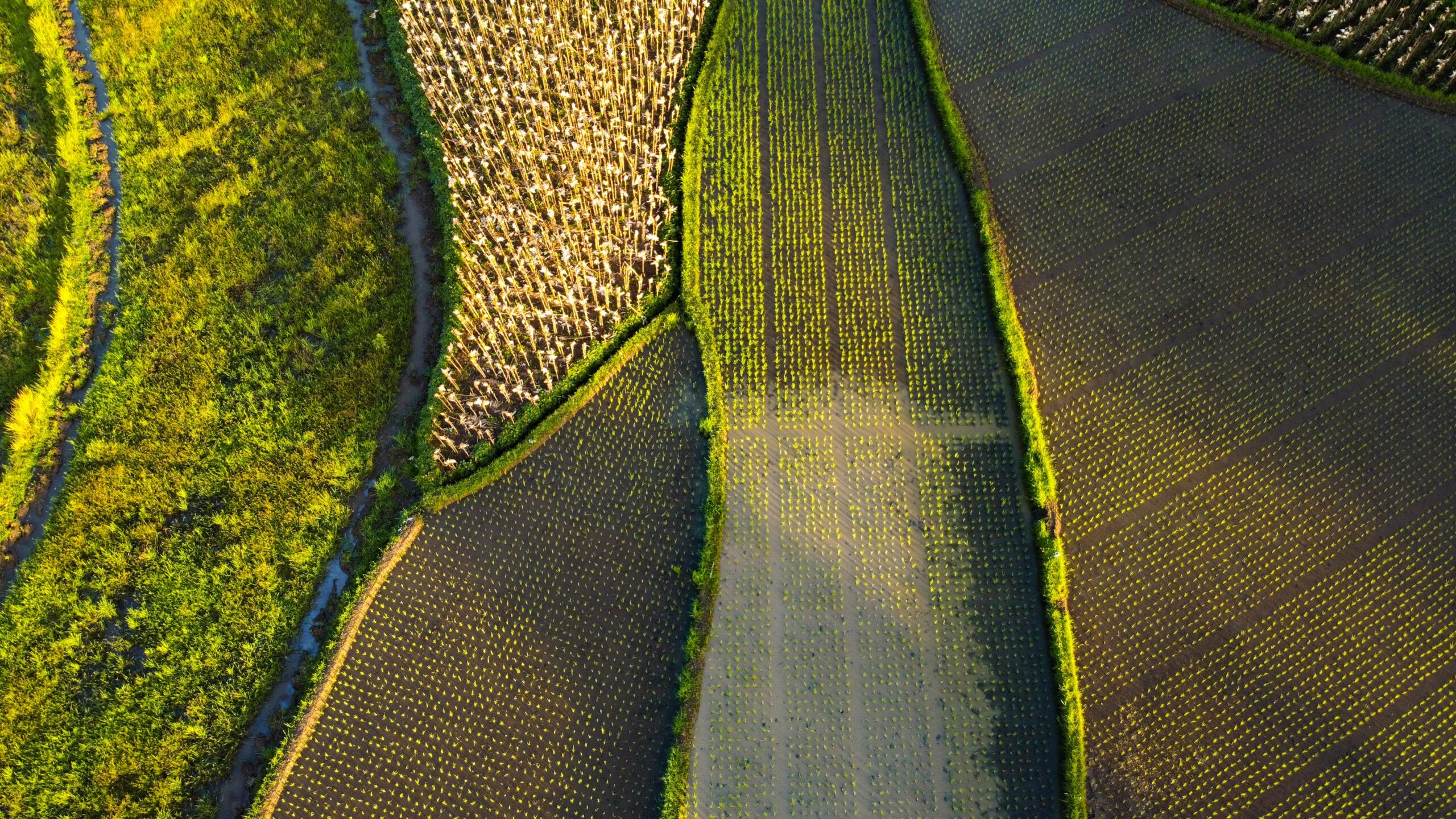

TEEBAgriFood: Embrapa – Sustainability at the table

Natural CapitalSocial and Human Capital
TEEBAgriFood: Embrapa – Sustainability at the table
 Brazil
Brazil
Details
This case study is a pilot case from TEEBAgriFood. Embrapa is the Brazilian Agricultural Research Corporation, a state-owned research business affiliated with the Brazilian Ministry of Agriculture. In the first phase, a researcher applied the TEEBAgriFood evaluation framework and business guidelines with Nuu Pão de Queijo, a small and medium company. The chosen context of the Embrapa case is the Minas Gerais Brazilian Estate, which is responsible for more than 25% of the national production of raw milk; where most of the production is located in the Cerrado biome. In this region, the main soil use is agriculture and grazing and more than 75% of producers in this state are family farmers. The region is also recognized as an Immaterial Heritage of Brazilian Culture with a geographical indication for well-known “cheese minas artisanal”. The main objective of the assessment is to evaluate the impacts and externalities caused by the dairy farming chain on natural capital, to highlight opportunities to reduce GHG emissions during cheese production. The assessment’s opportunities identified are to highlight the interconnections and dependencies within the milk value chain system, including an accounting system for input of ecosystem services.Outcome
The study is under conclusion to include a field verification process and model calibration. The preliminary results show that natural capital is the most negatively impacted by the externalities generated by the milk production process. However, the restoration of degraded pastures in Cerrado Mineiro has the potential to mitigate 5.8 million tons of carbon per year. A strategy to reverse natural capital degradation is investments in human capital, offering capacity-building opportunities to producers, upskilling and transferring knowledge to them on soil and water conservation. The assessment also shows the need to integrate the federal, state and municipal governments’ actions to induce programs that promote the adoption of soil and water conservation practices specific to each producer profile. In the near future, the long case study will be published and its results will inform other Embrapa and Ministry of Agriculture project activities.Stakeholder group
Business
Sector of focus
Food and beverage
Valuation
Quantitative
Natural captital issues
Fresh waterLand and soilClimate and energyOther air emissionsWaste
Social and human capital issues
Labor relations
Value perspective
Business and Society
Impacts and/or dependencies
Impacts and Dependencies


TEEBAgriFood: Yunnan Astral ESG Investment (ASTRAL)

Natural Capital
TEEBAgriFood: Yunnan Astral ESG Investment (ASTRAL)
 China
China
Details
This case study is a pilot case from TEEBAgriFood. ASTRAL ESG is an investment company active in agri-food systems. They work directly with local farmers and indigenous communities, buying food from them. The company is based in Yunnan, China’s most biodiverse, and most ethnically diverse, province. Working in this unique landscape context motivated ASTRAL to identify where their activities create impacts or rely on specific dependencies, such as biodiversity preservation and cultural diversity.ASTRAL decided to conduct a natural capital assessment to better understand and value their positive impact on biodiversity and natural capital and to contribute to a more comprehensive account of their ecological assets. The objective of the assessment is to quantify enhanced natural capital in the Demonstration Zone and prove the value of ASTRAL’s regenerative soil strategy to both investors and consumers. Soil regeneration will help support the transition to low-carbon agriculture, mitigate nature loss and preserve biodiversity, all of which are increasingly important for investors. At the same time, consumers can be educated on the importance of biodiversity, as well as the agricultural techniques and products that do not cause it harm.
Outcome
In relation to ASTRAL’s objectives for their natural capital assessment, the key takeaways from the results so far include: ASTRAL’s soil regeneration strategy produces tangible results to both farm productivity and natural capital condition, and this can be communicated to target further investment. Natural capital risks and opportunities have a significant impact on the food and agricultural system. The opportunity to invest in soil remediation led to increased benefits for both nature and society. At the same time, the risks associated with global climate change halted progress and are forecasted to worsen. The destruction of ecosystems brought on by global climate change and associated severe weather events has dealt a huge blow to agriculture. ASTRAL anticipate soil fertility to continue to decline year after year. Overall, ASTRAL found that the TEEB Agrifood natural capital assessment framework complements ESG investment guidelines and helps identify quality projects that contribute to biodiversity conservation.Stakeholder group
Business
Sector of focus
Food and beverage
Valuation
QualitativeQuantitativeMonetary
Natural captital issues
Fresh waterLand and soilClimate and energyBiodiversity
Value perspective
Business
Impacts and/or dependencies
Impacts and Dependencies


Novartis & WifOR Institute – Exploring the Social Impact of D&I

Social and Human Capital
Novartis & WifOR Institute – Exploring the Social Impact of D&I

Details
The purpose of this case study is to examine the relationship between diversity and inclusion and more importantly, prepare the grounds for a social impact framework for diversity, inclusion and employee well-being. As recognized leaders in Impact Valuation, Novartis and WifOR Institute suggest with this case study new impact pathways for diversity, inclusion, and employee well-being in the business environment. The explorative study sheds some light on how companies can connect their diversity and inclusion initiatives to their impact on society statements.Outcome
The explorative case study proved how interdependent the topics of diversity, equity and inclusion are. Furthermore, the study analyzed descriptively to what extent the inclusion of employees at Novartis influenced their well-being (utilizing absenteeism as a proxy). Based on the findings from the literature review, the correlation analysis of D&I and the considerations regarding absenteeism, the framework for two impact pathways (value to society) was developed. Going forward, these can be applied to monetize the social impact of absenteeism or turnover.Stakeholder group
Business
Sector of focus
Multi-sector
Valuation
Quantitative
Organizational focus
Corporate
Social and human capital issues
Inclusion and diversity
Type of application
Corporate
Value chain
Direct operations
Value perspective
Business and Society
Impacts and/or dependencies
Impacts and Dependencies


Barcelona City Council – Nature Plan 2021-2030

Natural CapitalSocial and Human Capital
Barcelona City Council – Nature Plan 2021-2030
 Spain
Spain
Details
The ‘Pla Natura’ Barcelona is a strategic vision of the city in the year 2050. The objectives of the nature plan are to increase the city’s green infrastructure, especially those for adaptation to climate change and access to urban nature. Consolidate ecological and nature management. Conserve and promote biodiversity, protecting species and improving habitats and their connectivity. Increase knowledge, enjoyment and care of urban nature, and facilitate and promote citizen involvement in its care and conservation.Outcome
To achieve the goals set out in The Plan, it is split into a series of Action Programs from 2021-2025. This includes one hundred projects, ten of which being priority projects. Increase 160 hectares of green space per inhabitant, increased naturalized surface by 100 hectares and creation of 10 biodiversity refuges.Stakeholder group
Government
Sector of focus
Government
Valuation
QualitativeQuantitative
Natural captital issues
Land and soilClimate and energyBiodiversity
Social and human capital issues
Access to land and cultureSkills and knowledge
Value perspective
Society


Brazil Government – Environmental-Economic Accounting for Water

Natural Capital
Brazil Government – Environmental-Economic Accounting for Water
 Brazil
Brazil
Details
The ministry of the Environment wanted to carry out Environmental-Economic accounting for water use, which would integrate physical indicators with monetary indicators, creating conditions to influence actions and public policies when it comes to water management.Outcome
The first Environmental–Economic Accounting for Water results for Brazil are presented for the period between 2013 and 2015, and include the Asset, Physical and Hybrid Supply and Use Tables, as well as Indicators. The results present strategic information that aim at supporting sectoral planning and management actions, economic and water resources actions, by diagnosing how the water is used by the Brazilian economic sector, such as how pressures made by economic activities affect water stocks, and availability of water resources, water use for human activities, and water intensity and productivity associated with water.Stakeholder group
Government
Sector of focus
Multi-sector
Valuation
Monetary
Natural captital issues
Fresh water
Value perspective
Business and Society


APRIL and Asian Agri – Impact measurement of business activities

Natural CapitalSocial and Human Capital
APRIL and Asian Agri – Impact measurement of business activities
 Indonesia
Indonesia
Details
April aimed to measure its primary contributions to local stakeholders and impacts on poverty reduction. One of the key drivers of the study was to establish and nurture relationships with local communities in order to maintain each company’s social license to operate. By acting on the results of the study, the company aims to further improve this business-enabling environment in the medium to long term.Outcome
The process helped April to develop a methodology for measuring their contributions to stakeholders in a systematic way. It has also led to improved relationships with local communities. Going forward, APRIL and Asian Agri will also be looking at determining their overall contribution to the United Nations Sustainable Development Goals, mapping out how the impacts of their business activities contribute to the following SDGs- Responsible Production and Consumption (Goal 12), Climate Action (Goal 13) and Life on Land (Goal 15) were identified by APRIL as Core Goals. These are supported by what APRIL calls Catalytic Goals, through which it can have an exponential impact on surrounding communities. These goals are: Good Health and Wellbeing (Goal 3), Quality of Education (Goal 4), Clean Water and Sanitation (Goal 6), and Partnerships for the Goals (Goal 17). APRIL’s current community programs, operations were also analysed, and investments, as well engagement with a broad group of stakeholders including community representatives with the SDGs providing as a frame of reference. The next phase of the project involves developing a framework to measure APRIL’s baseline impact on selected targets under these priority goals.Stakeholder group
Business
Sector of focus
Forest Products
Valuation
QualitativeQuantitativeMonetary
Organizational focus
Corporate
Natural captital issues
WasteNoise and light disturbances
Social and human capital issues
Access to land and cultureEmployment and remunerationSkills and knowledge
Type of application
Corporate
Value chain
Direct operations
Value perspective
Society
Impacts and/or dependencies
Impacts


Brazil’s Ministry of the Environment – Assessment of Ecosystem Services in Fazendinha’s Environmental Protection Area

Natural Capital
Brazil’s Ministry of the Environment – Assessment of Ecosystem Services in Fazendinha’s Environmental Protection Area
 Brazil
Brazil
Details
This study aimed to evaluate the productive chains that represent the main sources of livelihood and income in the community, guide the maintenance of ecosystem services, and implement development strategies in Fazendinha’s Environmental Protection Area.Outcome
The ecosystems and biodiversity present in Fazendinha’s Environmental Protection Area provide a wide range of ecosystem services. The ecosystem services prioritized in this study were: quantity of water (provision); water quality (regulation); erosion control and soil fertility (regulation); scenic beauty and recreation (cultural). Four main economic activities: residential use, education and research, recreation and tourism and extraction– and their relations of dependence and impact on ecosystem services were analyzed. Results were used to identify areas for investment, opportunities for commercializing what is already being produced by the community and developing a management plan for the area.Stakeholder group
Government
Sector of focus
Government
Valuation
Monetary
Natural captital issues
Fresh waterLand and soil
Value perspective
Business and Society


Little Blue Research – Developing a Social Impact Assessment

Social and Human Capital
Little Blue Research – Developing a Social Impact Assessment

Details
Little Blue Research undertook a scoping assessment for a leading food and agriculture business to set out the steps required to undertake a social capital assessment for its cotton supply chain in Africa.Technical support was provided to understand the social impacts and dependencies of the cotton supply chain. This included identifying and designing valuation methods for the inputs and projects implemented by the client that have a social impact across the supply chain.
Outcome
To help the client understand their social impact, Little Blue Research produced detailed impact mapping for key impact areas of the cotton supply chain. Relevant data was also obtained from the client to produce a social impact data gap analysis summary. Recommendations were provided to the client including next steps for a future social capital assessment. Alongside this, Little Blue Research conducted research and assisted the client in implementing pilot approaches for valuation data related to farmer training, health impact and interest rate savings for microfinance associated with supply chain management. This is the start of the client’s social impact journey and this scoping assessment provided an initial indicative approach for undertaking a social valuation for aspects of the cotton supply chain in Africa. The proposed methods now need to be refined and data collection enhanced in future.Stakeholder group
Business
Sector of focus
Consumer Staples
Valuation
QuantitativeMonetary
Organizational focus
Product
Social and human capital issues
Employment and remunerationHealth and safetySkills and knowledgeValue chain relationships
Type of application
Product
Value chain
UpstreamDirect operations
Value perspective
Society
Impacts and/or dependencies
Impacts


Little Blue Research – Impact valuation for a food and beverage company

Natural CapitalSocial and Human Capital
Little Blue Research – Impact valuation for a food and beverage company

Details
Little Blue Research supported the development of an impact based framework and produced valuations for material environmental and social factors across the client’s entire global value chain. The work was undertaken in collaboration with a strategy consultancy.The framework was developed to link the client’s impact with its business actions and different stakeholder groups.
Outcome
Little Blue Research undertook a peer review of the initial measurement approach, and stakeholder and impact mapping across the client’s entire value chain. Materiality criteria were then designed to ensure the inclusion of environmental and social impacts, and to identify dependencies in the supply chain. Indicative impact and dependency valuation was undertaken across human, social and natural capitals. Input was provided into ongoing development of the client’s company-wide measurement methodology and sustainability strategy. The client publicly released commitments relating to regenerative agriculture based on the outputs of this collaborative project. This project provided input into determining relevant company targets & indicators for measurement and updating the client’s strategy.Stakeholder group
Business
Sector of focus
Food and beverage
Valuation
QualitativeQuantitativeMonetary
Organizational focus
Corporate
Natural captital issues
Fresh waterLand and soilClimate and energyOther air emissionsBiodiversityMarine and coastalWasteMaterials and resources
Social and human capital issues
Employment and remunerationSkills and knowledgeValue chain relationships
Type of application
Corporate
Value chain
UpstreamDirect operationsDownstream
Value perspective
Business and Society
Impacts and/or dependencies
Impacts


Natural capital and the Spanish energy sector

Natural Capital
Natural capital and the Spanish energy sector

Details
Eight leading Spanish companies of the energy sector – Cepsa, EDP España, Enagás, Endesa, Iberdrola, Naturgy, Redeia and Repsol – have worked collaboratively for three years, coordinated by Azentúa and Ecoacsa, to agree on a common terminology, framework and methodology for the identification and valuation of natural capital, applicable to the global energy industry.The work developed is framed within The Spanish Hub’s – Natural Capital Factory’s Sector Groups and is summarised as:
– A sectoral document on the energy and natural capital nexus, which includes the specific impacts and dependencies of the Spanish energy sector on natural capital.
– A matrix by sector and by technology of the impacts and dependencies from nature of the activities of electricity generation with renewable sources; electricity generation with non-renewable sources.
– A methodology for evaluating the degree of relevance that natural capital represents for the different activities and sub-activities that comprise the businesses of the member companies of the working group.
The application of the natural capital approach has been the focus of the joint work developed, and the instrument chosen for its application has been the Natural Capital Protocol.
Outcome
The analysis carried out to identify the ecosystem services most relevant to the businesses of the eight companies in terms of impacts (negative and positive). Dependencies were evaluated considering three levels of materiality: high, medium and low. The activities and sub-activities were evaluated such as, but not limited to, electricity generation, management of gas infrastructure, exploration and production of oil, gas and petrochemicals. The report summarises the negative impacts, positive impacts and dependencies. The path followed has allowed the organizations to obtain qualitative and generic results that facilitate the development of case studies and organisational valuations of natural capital. The results obtained are a first approximation, qualitative and consensual, for the approach to natural capital approaches.Stakeholder group
Business
Sector of focus
Energy
Valuation
Qualitative
Organizational focus
Corporate
Natural captital issues
Fresh waterLand and soilClimate and energyOther air emissionsBiodiversityMarine and coastalWasteMaterials and resourcesWell-being and spiritual/ethicalNoise and light disturbances
Type of application
Corporate
Value perspective
Business and Society
Impacts and/or dependencies
Impacts and Dependencies


Yorkshire Water – Our contribution to Yorkshire: Annual impact and public value report

Integrated Capitals
Yorkshire Water – Our contribution to Yorkshire: Annual impact and public value report
 United Kingdom
United Kingdom
Details
Yorkshire Water have produced a report that presents the impacts on the six capitals (financial, manufactured, natural, human, intellectual, social) of the financial year 2021-2022. Yorkshire Water carries out this reporting annually by completing a capitals assessment. The purpose of the report is to measure the companies progress towards achieving their purpose of making Yorkshire a brilliant place to be – now and always. It highlights both the positive and negative impacts of the companies activities and enables them to communicate these impacts to their stakeholders.Outcome
As Yorkshire Water matures it’s thinking about the six capitals, they aim to embed the approach further into the operational business decision-making processes. The reporting enables the company to take a balance view on competing priorities and make informed decisions on the costs and benefits. Therefore, this will lead to measurable differences in shaping what Yorkshire Water does to grow positive outcomes for Yorkshire and reduce the negative impacts. Yorkshire Water will continue to report on the progress and performance in future reports. To enable scrutiny and build trust with stakeholders and interested parties.Stakeholder group
Business
Sector of focus
Utilities
Valuation
QualitativeQuantitativeMonetary
Natural captital issues
Fresh water
Value perspective
Business and Society
Impacts and/or dependencies
Impacts and Dependencies


Guaranteed Price Policy – Sustainable production from forests

Natural Capital
Guaranteed Price Policy – Sustainable production from forests
 Brazil
Brazil
Details
The Guaranteed Price Policy provides incentives for producers of nature-based products, thus contributing to the sustainable use of forests and maintaining the benefits generated by them. The study aimed to incorporate an additional environmental component into the Guaranteed Price Policy by identifying the maximum value that society would be willing to pay for the maintenance of the ecosystem services generated by sustainable production from forest compared to alternatives.Outcome
The study identified the appropriate amount for the additional compensation for the payment for environmental services (PES) provided by suppliers from estimating the value of benefits to society that are generated by the activity. The possibility of implementing this type of incentive is still being studied by federal government.Stakeholder group
Government
Sector of focus
Forest Products
Valuation
Monetary
Natural captital issues
Land and soil
Value perspective
Business and Society


Goondicum Station – Environmental Accounting Project

Natural Capital
Goondicum Station – Environmental Accounting Project
 Australia
Australia
Details
Goondicum Station is an iconic 7000-hectare grazing property in the headwaters of the Burnett River catchment, Queensland, Australia. At its centre is a volcanic crater, which has created a unique environment, with highly productive soils that support a beef cattle enterprise alongside thriving native ecosystems. The owners of Goondicum are committed to sustainable land management practices that are founded on the belief that grazing and nature can co-exist.Goondicum aims to preserve the natural environment and wildlife as much as possible, which enhances the productivity of their grazing enterprise, making both environmental and economic sense. To document the outcomes of their land management approach, Goondicum Pastoral Co. worked with the Burnett Mary Regional Group and Accounting for Nature Ltd to develop a holistic Environmental Account, using the Accounting for Nature® Framework, covering the native vegetation, fauna, and soils of this unique property.
The purpose of the environmental account is to document the condition of key environmental assets, to inform sustainable management of their property, and to communicate positive environmental outcomes to other graziers, the community as well as the European Union and Australian premium beef markets.
Outcome
The first year of environmental data collection at Goondicum Station documented an ecosystem in excellent condition despite drought conditions at the time of survey. Native vegetation, soils and fauna were assessed by ecologists and Goondicum staff using Accounting for Nature accredited methods between September 2021 and April 2022. Long-term monitoring sites were established at 70 locations, designed to capture the diversity of vegetation communities, soils and fauna habitat types found across the property. • An Econd® of 71.2 was recorded for native vegetation. An Econd® of at least 75 was recorded for all four native vegetation assessment units, with cleared areas accounting for the reduced overall score. • An Econd® of 82.9 was recorded for terrestrial mammals, indicating that this element of the fauna at Goondicum Station is mostly intact, which is an extremely encouraging finding, given the significant declines experienced by wildlife populations across most of Australia since European colonisation. • An Econd® of 95.5 and a Pcond of 80.0 were recorded for soils, indicating that soils are in excellent productive and ecological condition. The high Econd® and Pcond values recorded at Goondicum Station in this baseline year demonstrate that a sustainable grazing enterprise can operate alongside a healthy ecosystem that supports populations of native species. In coming years, the Campbells aim to include additional environmental assets in the Goondicum Station Account, including birds and freshwater ecosystems.Stakeholder group
Business
Sector of focus
Food and beverage
Valuation
Quantitative
Organizational focus
Project
Natural captital issues
Land and soilBiodiversity
Type of application
Project
Value chain
UpstreamDirect operationsDownstream
Value perspective
Business and Society
Impacts and/or dependencies
Impacts and Dependencies


Kilter Rural – Girgarre Project ESG Due Diligence

Integrated Capitals
Kilter Rural – Girgarre Project ESG Due Diligence
 Australia
Australia
Details
Kilter Rural has been resetting the agenda for investment in Australian farmland, water and ecosystem assets since 2004. Their farmland investment model is built on experience gained through 15 years regenerating 9000ha of old-style irrigation farms for a $25 billion institutional investor and has been developed to provide returns to investors, ecosystem protection, and direct engagement with the local communities in which they operates. Kilter Rural believes that the ability to monitor, measure, and report on the condition of natural assets is critical to the long-term sustainability of food and fibre production in Australia, and globally, where accounting for changes in the condition of natural assets will become a fundamental component of investing in sustainably agribusiness.Kilter Rural reports on the condition of their natural assets alongside their financial accounts using the Accounting for Nature® Framework which enables the condition, and change in condition, of their natural assets to be captured within a standardised and scientifically quantified environmental accounting system.
In 2021, Accounting for Nature certified the Kilter Rural Girgarre Environmental Account, covering multiple agricultural properties in northern Victorian, Australia. More than 90% of the farmland has been directly impacted by historical clearing and irrigation, resulting in highly modified vegetation, soil and water environmental assets. Kilter Rural is striving to ecologically restore at least 30% of the Girgarre farmland by employing a range of active and passive management techniques. The 2021 baseline Environmental Account measured the condition of native vegetation, soil, and woodland birds.
Outcome
Key outcomes • The 2021 Accounting for Nature Certified Girgarre Environmental Account provides a baseline for the Gigarre Project, reflecting the current condition of native vegetation, soil and fauna assets. The Environmental Account also clearly presents condition targets for each environmental asset. • The Environmental Account allows Kilter Rural to clearly disclose the condition of their natural assets along with their usual financial reports, to their investors. • The Environmental Account and underlying methods are designed to provide detailed information that informs farm management practices and operational decision making; • Future improvements in condition may enable Kilter Rural to access new revenue streams through emerging nature markets.Stakeholder group
Business
Sector of focus
Multi-sector
Valuation
Quantitative
Organizational focus
Corporate
Type of application
Corporate
Value perspective
Business and Society
Impacts and/or dependencies
Impacts and Dependencies


CO2 Australia – Wivenhoe Land Restoration Pilot Project

Natural Capital
CO2 Australia – Wivenhoe Land Restoration Pilot Project
 Australia
Australia
Details
The Wivenhoe Land Restoration Pilot Project, funded by the Queensland Government, is a collaboration of CO2 Australia, together with the Queensland Department of Environment and Science (DES), Seqwater and the World Wildlife Fund (WWF). The project involved the planting of more than 150,000 trees across seven planting sites adjacent to Lake Wivenhoe in south-east Queensland; land owned by Seqwater and historically used for grazing purposes.The planting sites, which were initially identified by WWF, are within an important koala habitat corridor in south-east Queensland. At least 90% of the trees planted are species that provide habitat for the koala. As the trees establish, this will increase the amount and quality of habitat for the koala in the corridor and provide connectivity between existing areas of habitat. Over time, the project will also reduce the amount of sediment runoff entering Lake Wivenhoe, thereby improving water quality in south-east Queensland’s largest water storage.
The project uses the Accounting for Nature® Framework to monitor and track improvement in project related biodiversity co-benefits, through scientifically robust and verified methods, specific to environmental assets. Through the certified Accounting for Nature Environmental Account, the project calculates a Native Vegetation ‘Econd®’ (an Environmental condition index) for the project area, producing a baseline in which change can be detected, monitored and communicated.
Outcome
CO2 Australia is looking to regenerate seven planting areas surrounding Lake Wivenhoe. Currently, each of the planting areas is cleared of remnant vegetation; being dominated by pasture grasses associated with historical cattle grazing. The AfN Environmental Account baseline Econd of 27.3 reflects this historical use. CO2 Australia’s environmental plantings aim to restore these areas; over the life of the project a substantial increase in the ‘Econd’ is expected as the area is returned to pre-clearing regional ecosystem vegetation communities. Ongoing monitoring of the project will be undertaken to help inform management decisions, including Econd® surveys by CO2 Australia ecologists in accordance with the AfN-accredited CO2 Australia Native Vegetation Condition Monitoring Method, monitoring and control of weeds, and the assessment of fire breaks and fuel loads to reduce the likelihood of wildfire events impacting on the success of the planting sites and surrounding intact remnant vegetation.Stakeholder group
Government
Sector of focus
Multi-sector
Valuation
Quantitative
Natural captital issues
Biodiversity
Value perspective
Business and Society


DELWP – Best practice on valuing Victoria’s parks

Natural Capital
DELWP – Best practice on valuing Victoria’s parks
 Australia
Australia
Details
The aim was to develop improved and consistent environmental and economic information on ecosystems to inform future park land management strategy and decision-making.Outcome
The study enabled the quantification and valuation of a range of benefits provided by Victoria’s parks, and informed strategic directions for the management of Victoria’s public land, natural resources and environment. Findings included that tourists spend $1.4 billion per year in Victoria related to their visits to parks, adding 14,000 jobs to the State’s economy. Victoria’s parks contain over one million hectares of catchments which supply water used for drinking, food production and other industries. The value of water filtration services provided by parks is estimated at $83 million per year. Parks provide important amenity for Victorian residents, the value of this amenity is estimated at between $21 million and $28 million.Stakeholder group
Government
Sector of focus
Multi-sector
Valuation
QualitativeQuantitativeMonetary
Natural captital issues
Fresh waterLand and soilClimate and energyBiodiversityMaterials and resourcesWell-being and spiritual/ethical
Value perspective
Business and Society


BASF – Assessing and valuing contribution to sustainable growth

Natural CapitalSocial and Human Capital
BASF – Assessing and valuing contribution to sustainable growth

Details
BASF monetized the economic, ecological and social impact of business activities along its entire value chain. They aimed to use this information to monitor progress over time, demonstrate their value proposition, and inform decision making.Outcome
At the corporate level assessments are used to communicate and monitor sustainability contribution. At the project level the outputs are used in decision-making, for example through scenario modelling.Stakeholder group
Business
Sector of focus
Chemicals
Valuation
QualitativeQuantitativeMonetary
Organizational focus
Corporate
Natural captital issues
Fresh waterLand and soilClimate and energyWaste
Social and human capital issues
Employment and remunerationHealth and safety
Type of application
Corporate
Value chain
UpstreamDirect operationsDownstream
Value perspective
Business and Society
Impacts and/or dependencies
Impacts and Dependencies


WWF & Global Green Growth Institute – Sustainable Mangrove: Friendly Aquaculture

Integrated Capitals
WWF & Global Green Growth Institute – Sustainable Mangrove: Friendly Aquaculture
 Myanmar
Myanmar
Details
WWF-Myanmar is developing the Ayeyarwady River Landscape as a priority area. The need to counter the rapid deforestation of mangroves in Myanmar led the Project to explore suitable initiatives related to mangrove conservation and restoration in the Ayeyarwady Delta.The main goal of this study is to support mangrove restoration and rehabilitation and to increase resilience in the Ayeyarwady Delta by providing evidence of the ecosystem services provided through the implementation of mangrove-friendly aquaculture, as well as to support reaching sustainability in the value chain of key aquaculture products in the region.
The analyses conducted in this report followed the goals of GGKP’s ‘3Returns Framework: A method for decision-making towards sustainable landscapes’ and the IUCN’s report ‘Aquaculture and Nature-based Solutions’. These guiding sources aim to promote sustainable development by mainstreaming natural, social, human, and financial capital in development planning while presenting the synergies between aquaculture and marine conservation through the emerging concept of Nature-based Solutions (NbS).
Outcome
WWF will start piloting mangrove-friendly aquaculture production systems in the Ayeyarwady Delta based on the outcomes of the analysis. In addition, WWF-Myanmar has used the full technical report to submit a proposal under the Call for Expressions of Interest from the Nature-based Solutions Accelerator for mobilizing additional resources for project implementation. Based on the strength of the Expression of Interest backed by a capitals approach and a clear identification of the impacts of Nature-based Solutions, WWF Myanmar has been invited to submit a detailed ‘Full Proposal’.Stakeholder group
Business
Sector of focus
Aquaculture
Valuation
Monetary
Organizational focus
Project
Type of application
Project
Value chain
Upstream
Value perspective
Business and Society
Impacts and/or dependencies
Impacts and Dependencies
The Coalition drives impact through collaborative work programs as well as global partnerships and alliances.
Global Commons Alliance
The Capitals Coalition are members of the Global Commons Alliance, a global partnership between more than 50 of the world’s leading organizations in the fields of philanthropy, science, environment, business, cities and advocacy. Together we scale science-based action to protect people and planet.
Business for Nature
The Capitals Coalition are founding partners of the Business for Nature Coalition, a global coalition demonstrating business action and amplifying a powerful private sector voice calling for governments to reverse nature loss in key international agreements.
Global Goal for Nature
Capitals Coalition is one of 22 leading non-governmental and intergovernmental organizations who have come together to develop a Global Goal for Nature and to drive ambition in governments, business and society to halt and reverse the loss of nature by 2030.
High-level Business Actions on Nature
Capitals Coalition, in collaboration with Business for Nature, WBCSD, TNFD, Science Based Targets Network, WEF and WWF, have developed actions to provide companies with the key actions they can take to signal they are making meaningful contributions to help reverse nature loss.
Value Accounting Network
The Value Accounting Network advances the role of value accounting in decision-making, governance and disclosure. The members of the Value Accounting Network collaborate, harmonize and build consistency in the value accounting space and in how it is applied within organizations.
Taskforce on Nature-related Financial Disclosures
Capitals Coalition is a knowledge partner of the Taskforce on Nature-related Financial Disclosures (TNFD) supporting its task of developing a risk management and disclosure framework for nature-related risks. This framework will provide companies and investors with decision-useful information to help shift the flow of global capital to nature-positive outcomes.
Capitals Hubs
The Capitals Hubs are formed by communities of practitioners that develop and scale the capitals approach within specific regional or national contexts or within industries or sectors.
Join the Coalition
Become part of a dynamic global collaboration of leaders and leading organizations who have united around a purpose-driven ambition.
Sign-up for updates
Benefit from the Coalition’s unique overview of the capitals approach and community, gain insights into the latest thinking and developments and receive newsletters and project updates.
Collaborate
Collaborate and connect through our new community platform. Build relationships within the community, collaborate with peers, explore challenges and opportunities and co-create solutions in a pre-competitive forum.
